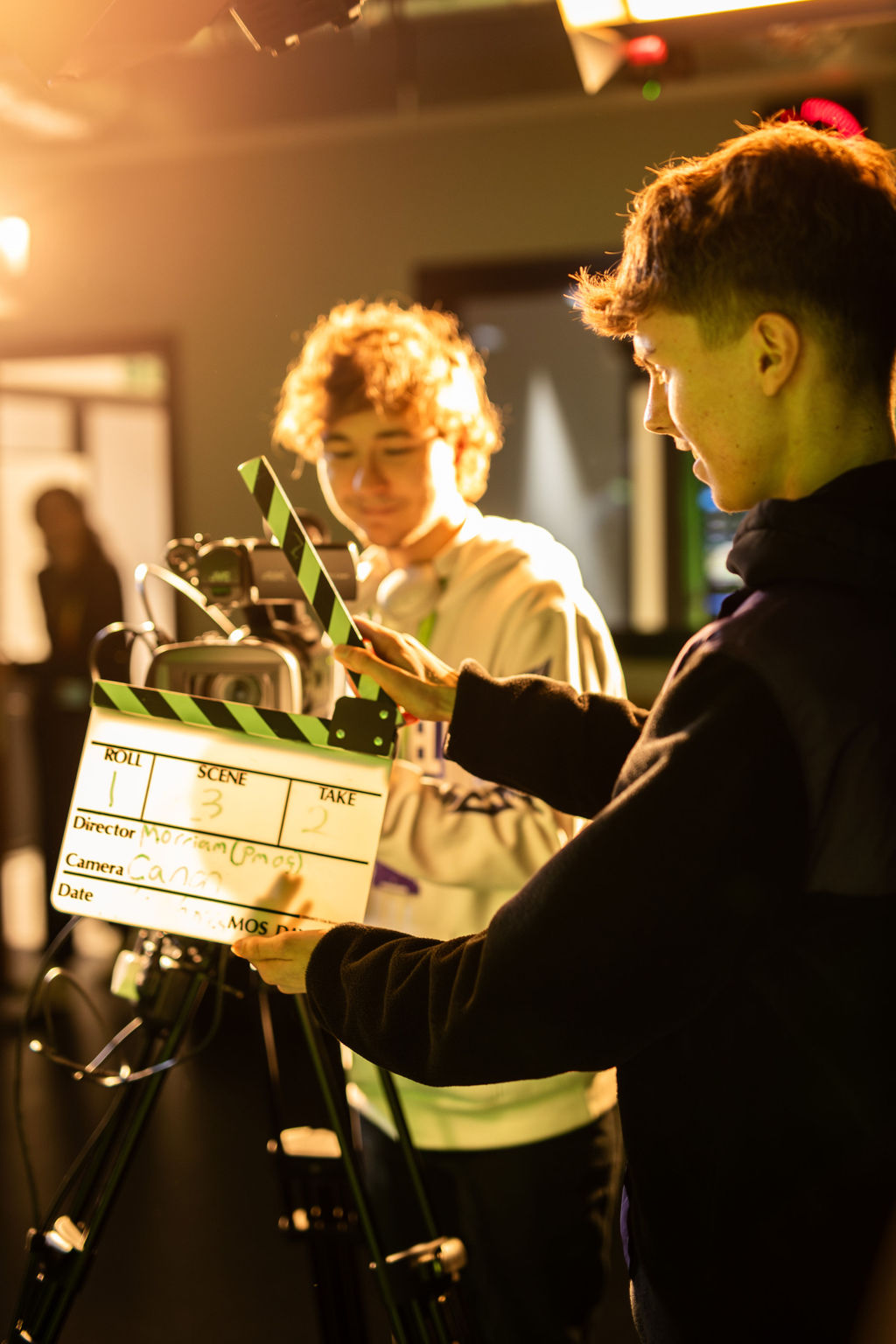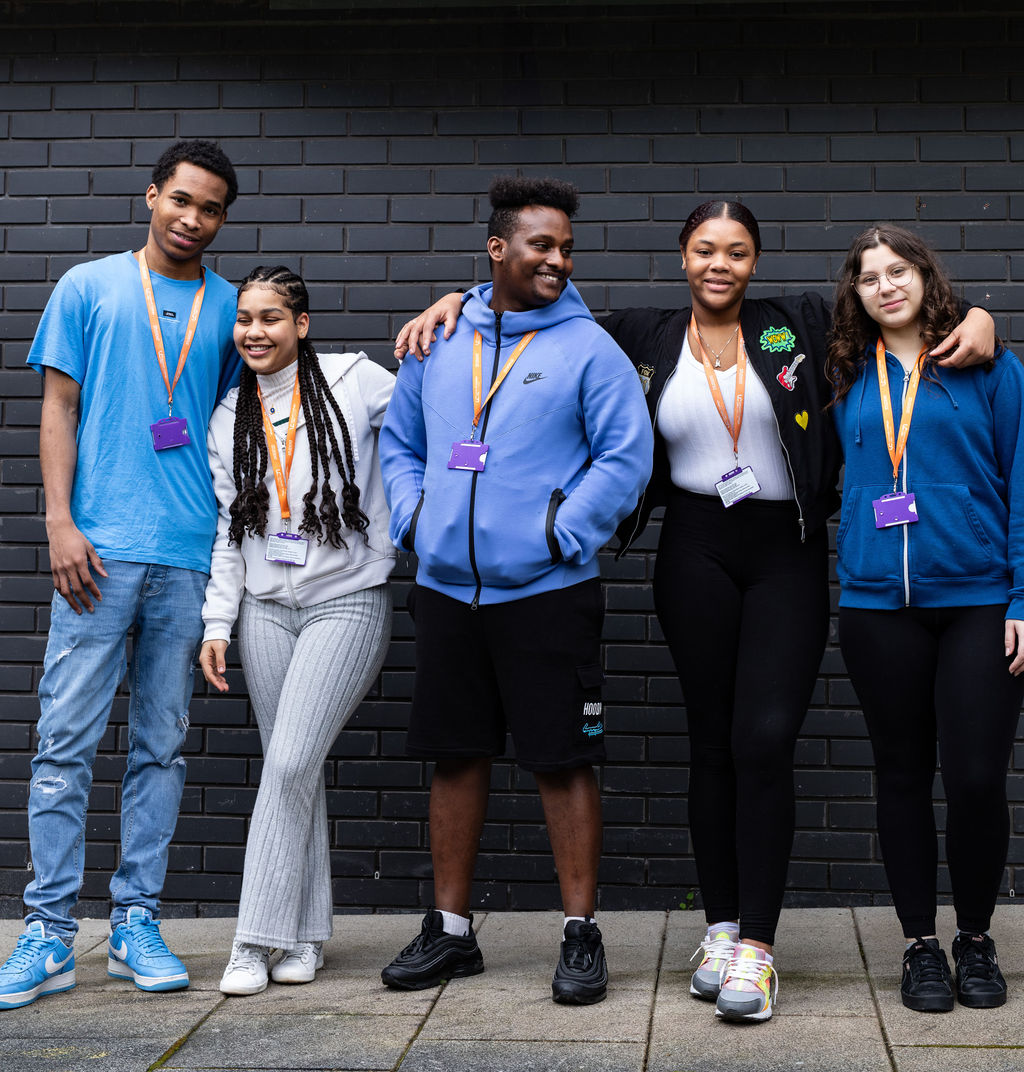These effects are not new but 2020 saw a large increase in problems around QANON, especially after that cult’s partial break up in January 2021 saw new counselling practices spring up to meet the surge in demand from former QANON adherents.
So far this particular need for de-radicalisation has not crossed to the UK, but in the college survey half the Health and Social Care students polled thought one of the core tenets of QANON (that a cabal of blood drinking paedophiles operate out of Pizza Restaurants) was extremely likely or, at least, plausible. An equal number thought it absolute nonsense and whilst that served more as an indicator of how widespread these myths have spread, more pertinent for our students are that conspiracy theories are also a route into terrorist organisations from the far right to Islamic State who use conspiracy theories to recruit members.
Part of this initiative around fake news is to encourage students to use the skills they learn when studying to research thoroughly and check facts and, in addition, to moderate, or at least be aware of, their behaviour online and how they consume their media.
There are also potentially threats to a student’s employability. An engineering student who thinks the moon landing was faked or that the earth is flat might struggle getting a job in space exploration or tunnelling. Equally, heath care workers responsible for vaccine roll out who question the science behind vaccination might be ethically compromised. Even for the self-employed, believing fake news stories can result in loss of income either through being duped by scams or by believing false stories as true. In one example, the owner of a hairdresser in Bradford believed a claim the COVID restriction laws in the UK could be ignored. and as a results ran up thousands in fines. As the Careers College it’s part of our remit to flag these dangers of misinformation up.
Some of the above is frightening; however, the real point of the fake news project is not to scare but to prepare.
Lambeth College encourages inquisitive minds, celebrates curiosity and supports scepticism but it is also our duty to train students to be able to differentiate between truth and fiction and navigate the challenges of an increasingly digital world. The sessions we are delivering aim to help with that and it is worth noting that in an environment where information is power, the student surveys revealed that students were better equipped to spot and reject fake news in areas where they were better informed, science students with regard to medical fake news for example.
*This was part of a survey involving some of our counselling students but over the Autumn and Winter, a series of questionnaires were carried out amongst different cohorts of Lambeth College students with a view to assessing attitudes, and gauging the exposure to, and extent of issues around, disinformation. In total 115 students were involved with 24 counselling students given three surveys for in depth responses, 27 (mainly younger) science and health and social care students given a shorter survey on personal attitudes to fake news. In addition 64 students from the creative arts faculty responded to a survey focused more explicitly on their awareness of fake news and other (unrelated) fears. These were planned as precursors to a larger study involving LSBU and the curriculum groups themselves were picked to get a representation of the college community (ESOL students aside). In addition 18 staff members filled in different surveys as part of CPD in December.



